IEEE Standards University
Designed for educators, students, engineers, or anyone interested in standards, IEEE Standards University brings a better understanding of the value and impact of standards in business and manufacturing. Participants can draw from a variety of materials that build a practical understanding of standards and the innovation derived from standards development. The varied resources may help improve team working and collaborative skills invaluable to career success, while enhancing understanding of standards in fields such as electrical and electronics engineering, computing, and many others.
The IEEE Standards University offers Standards courses including a MOOC and eLearning modules, numerous Standards video , an extensive library as well as student grants, an e-zine and a game.
IEEE Standards University Student Grants
The purpose of the IEEE Standards University Student Grants is to facilitate students studying and implementing industry technical standard in projects. IEEE Standards University Student Grants offer US $500 per project for students, and US $300 for faculty mentors for design, development or research projects in which one of more industry technical standard was studied or implemented to complete the project.
Examples of such projects include designing and creating hardware and/or software to implement an existing industry technical standard, analysing the performance of an industry technical standard in a particular situation, testing compliance with, or alternatively adapting or extending an industry technical standard to fit a new scenario. Projects are expected in include a significant component working on the industry technical standard, projects which simply make use of industry technical standards through modules or libraries without significant design input will not be eligible for an award.
IEEE Standards University e-zine
The IEEE Standards University offers a freely available e-Magazine, with a worldwide audience of educators, students, and practicing professionals interested in technical standards and standards development. Feature topics in 2017 included Robotics, Conformity Assessment and Compliance, Consumer electronics, and Ethically Aligned Standards.
IEEE Standards University Game
Educators, students, young professionals looking for a fun and effective way to learn more about working in teams, negotiating and, consensus building need look no further. Mars Space Colony: A Game of Standardization is designed to teach about technical standards and standards development while developing team and negotiation skills. Topics include the importance of standards to industry, fundamentals of standards development, and a case study on standards. Players participate as members of standards working groups, incorporating roles that reflect the economic, political and technical realities of standards development.
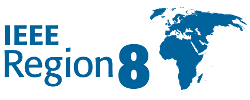
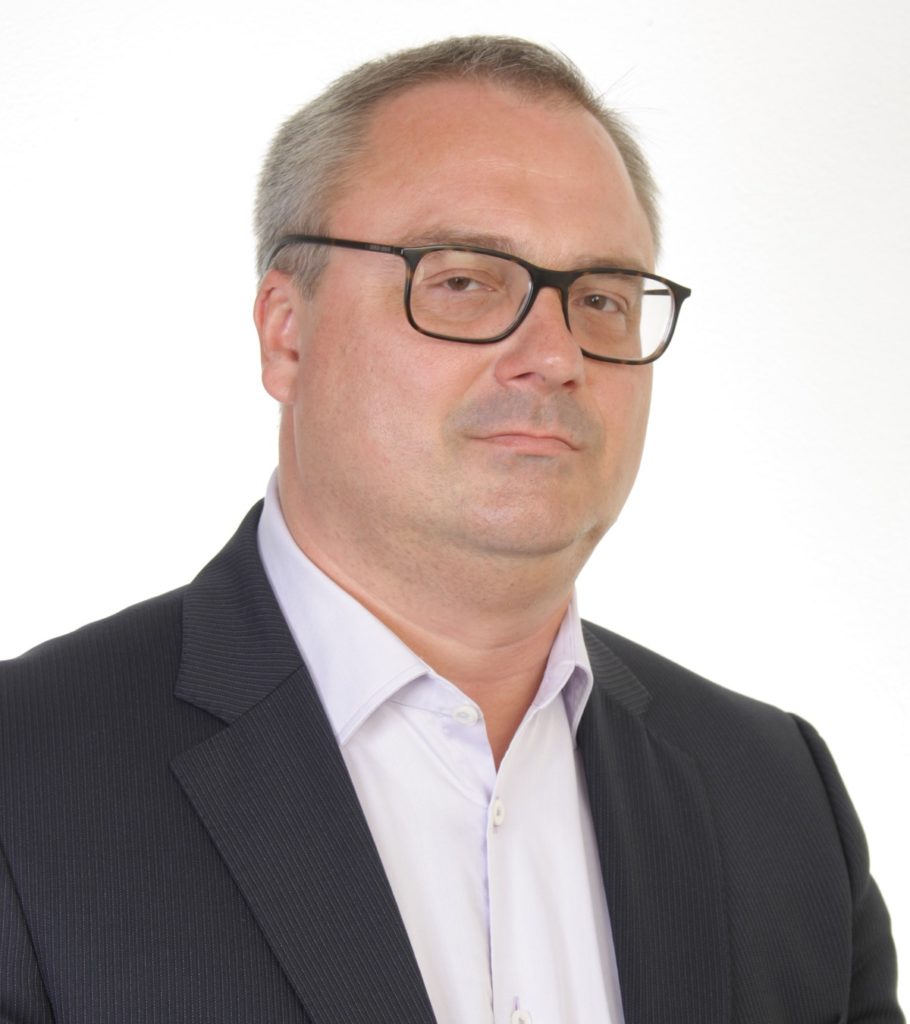
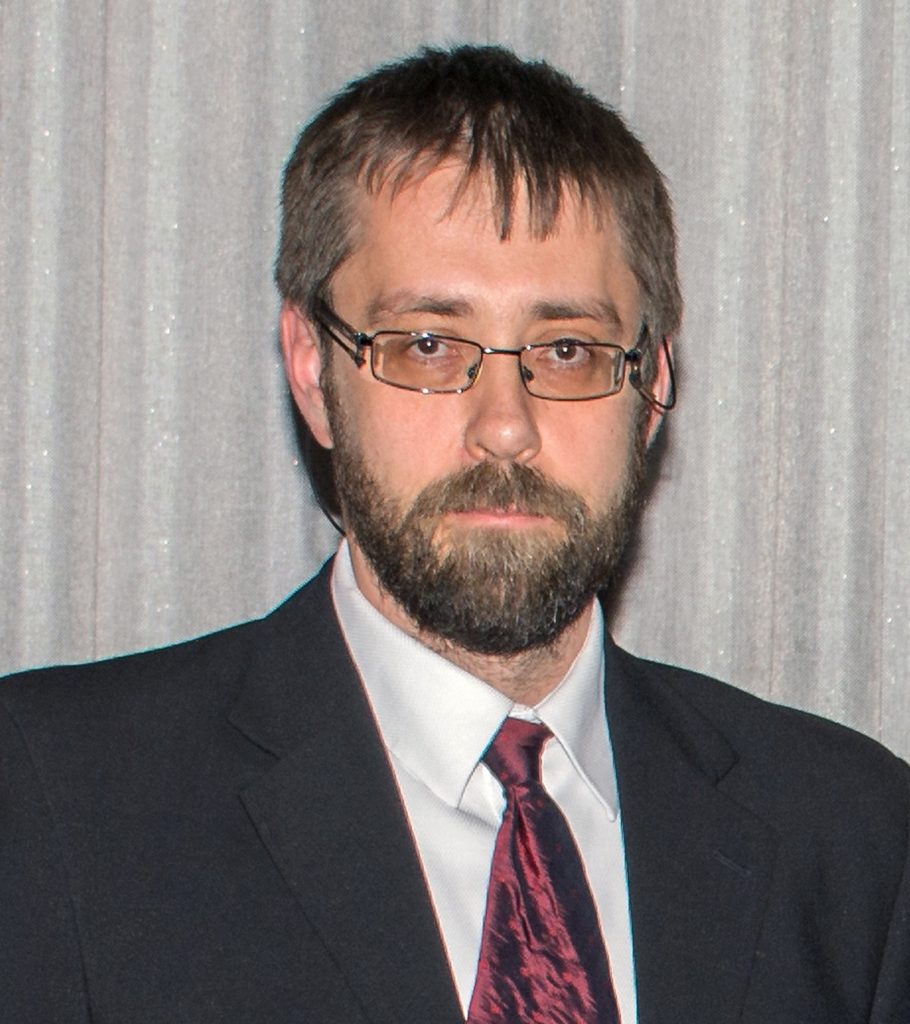
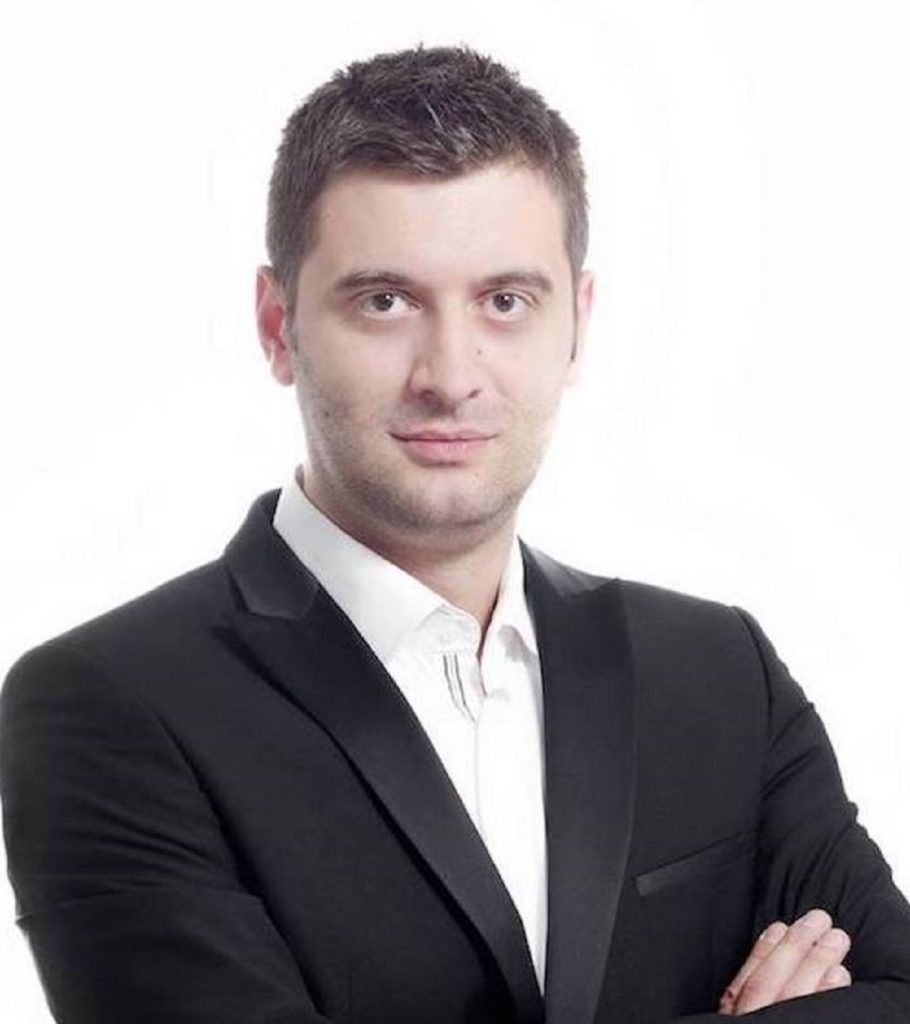
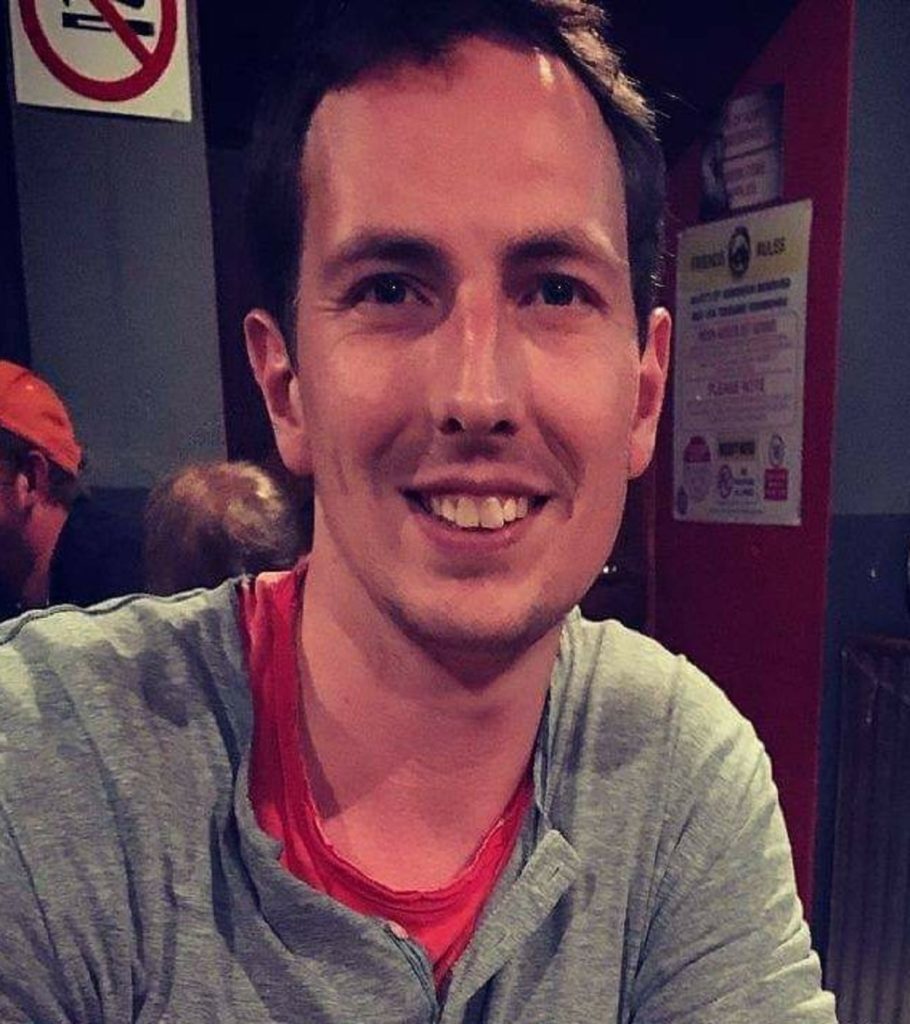
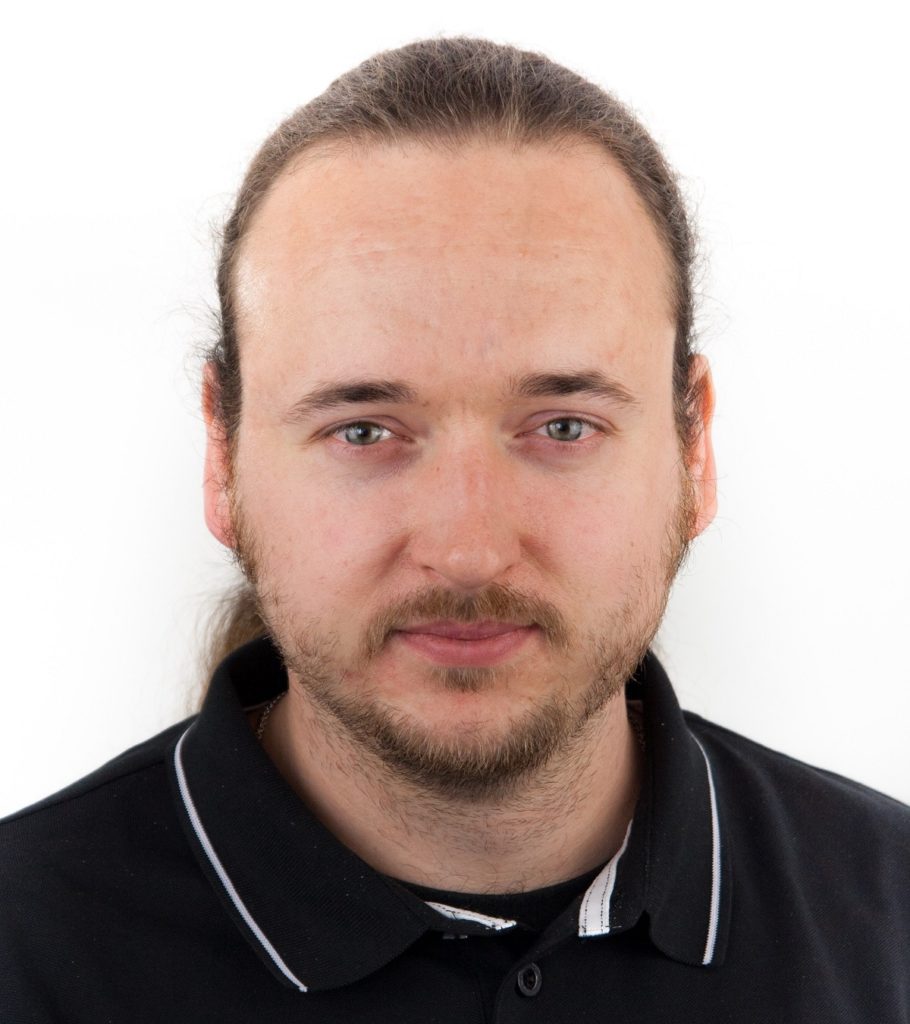
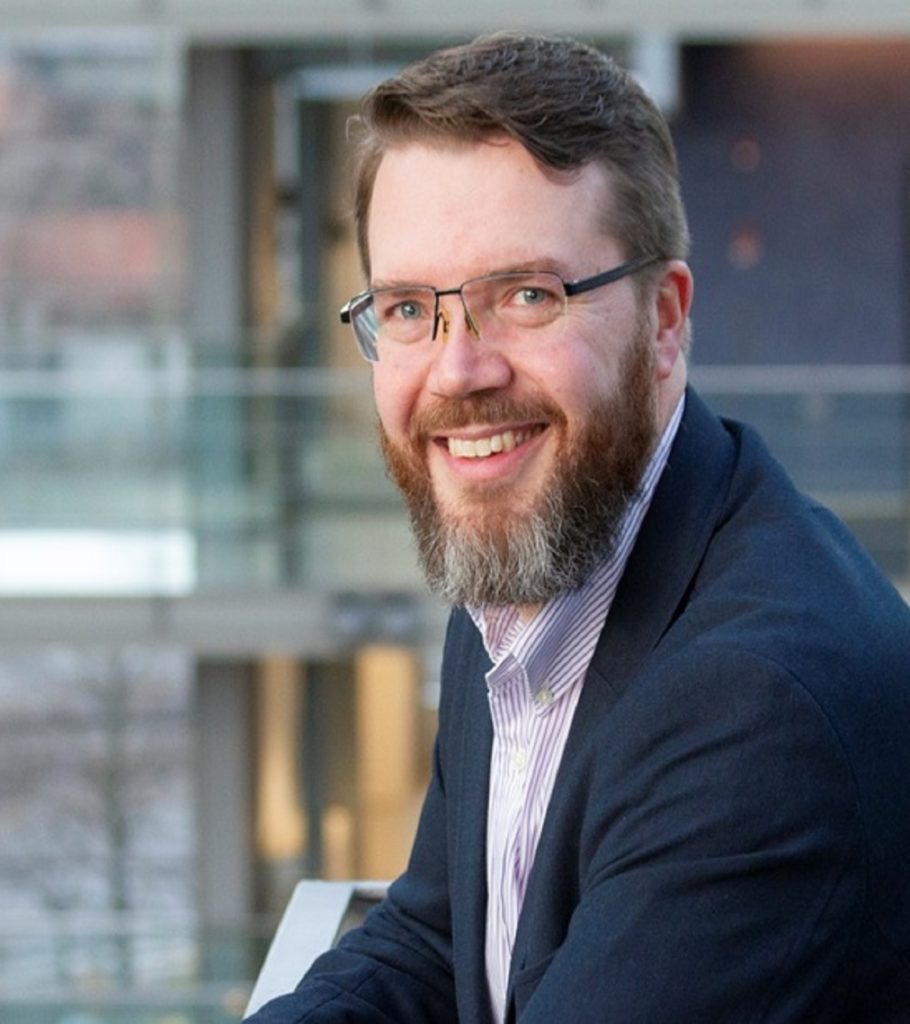
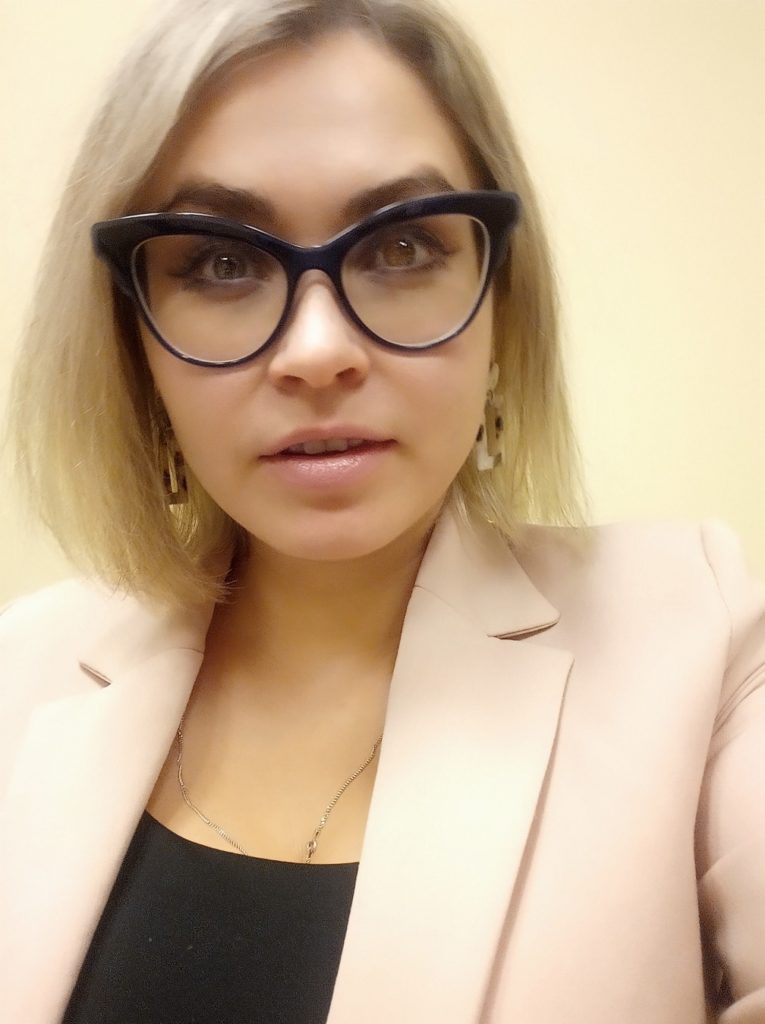
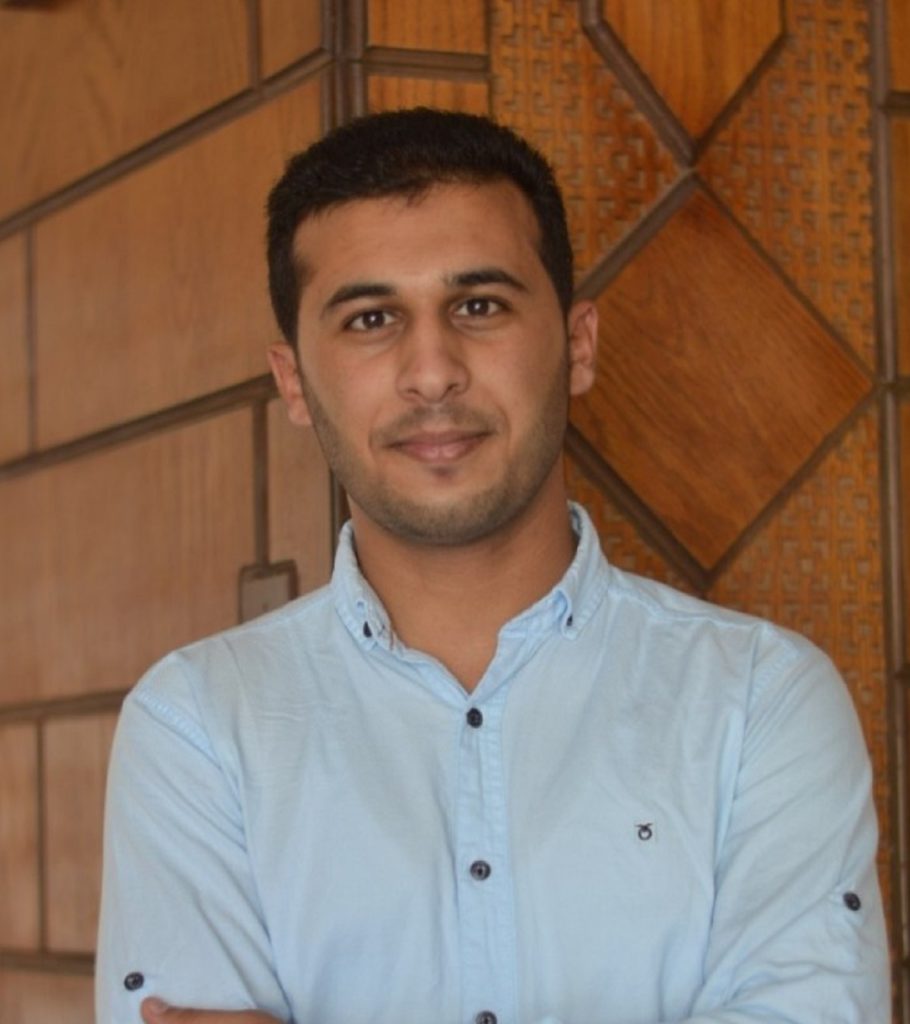
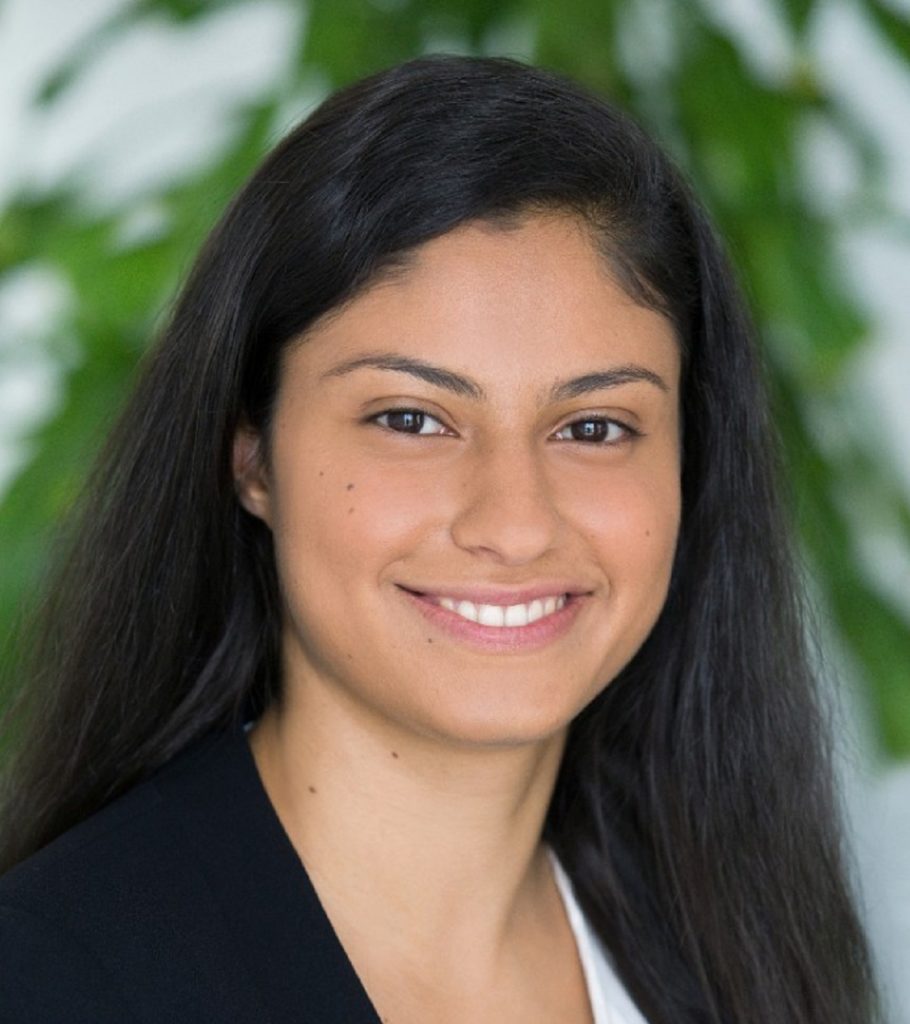
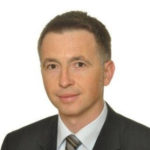


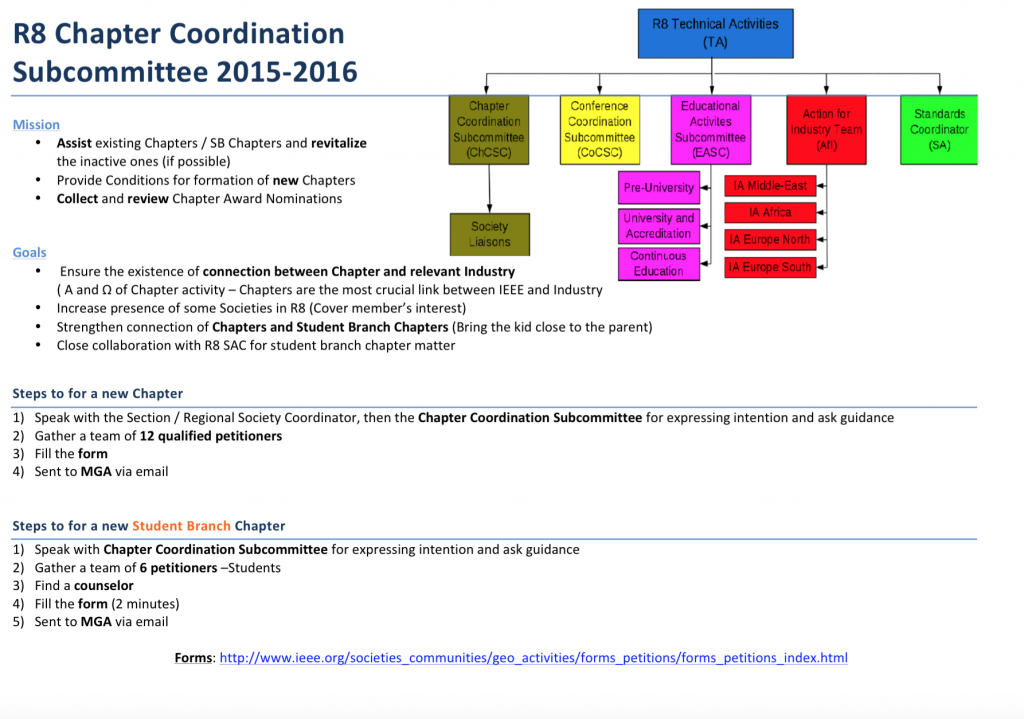
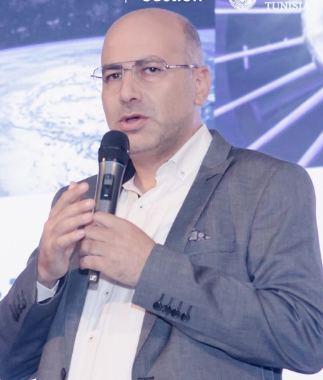 Membership is a core value of IEEE. Members, individually and collectively, create IEEE’s future while IEEE enhances members’ future.
Membership is a core value of IEEE. Members, individually and collectively, create IEEE’s future while IEEE enhances members’ future.